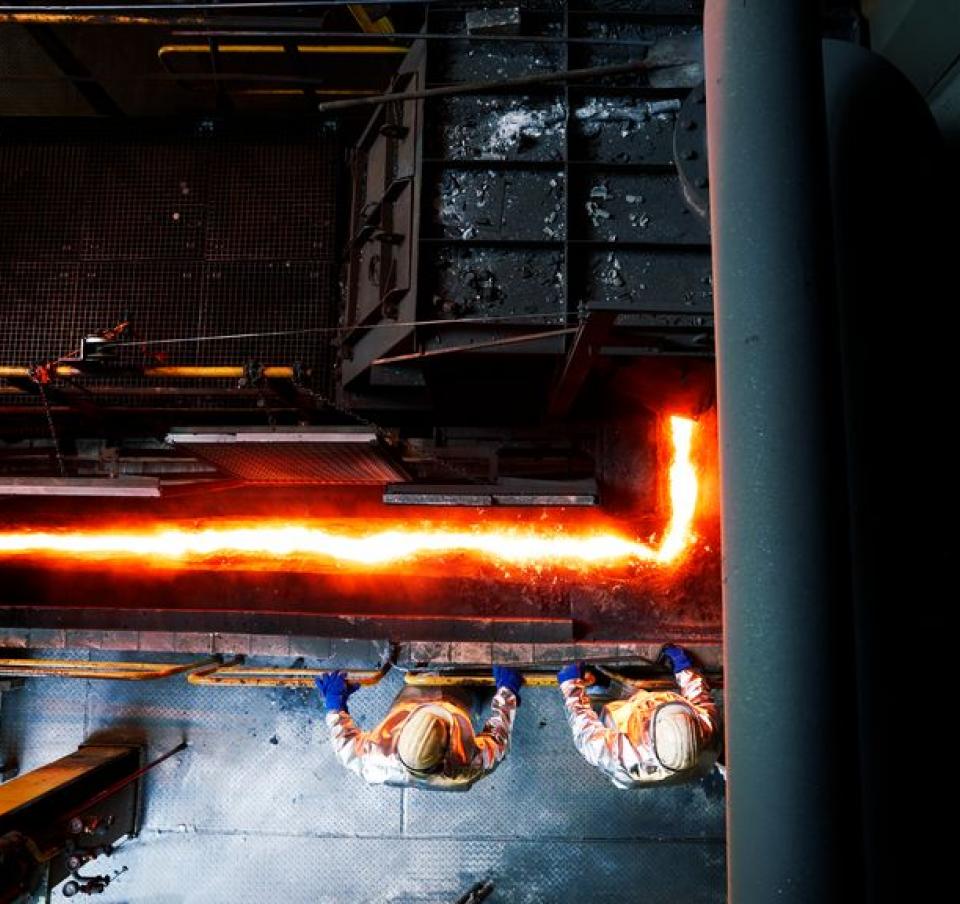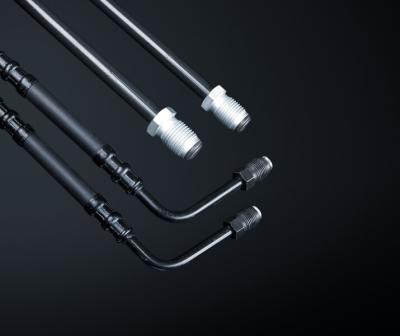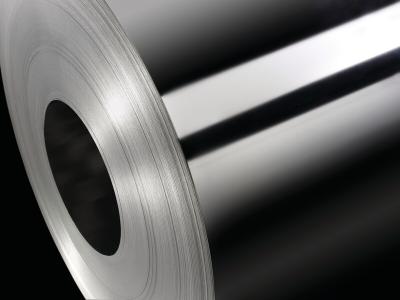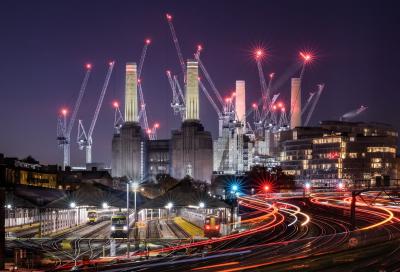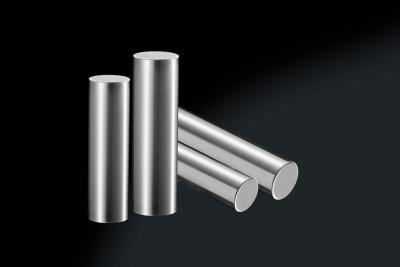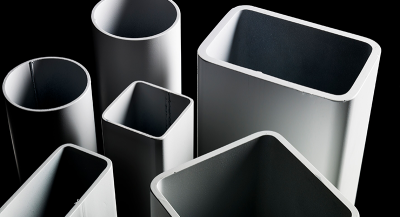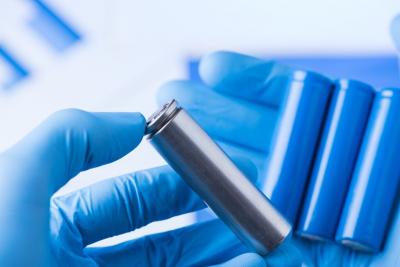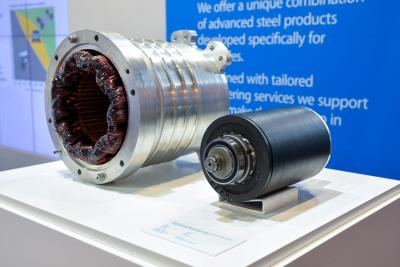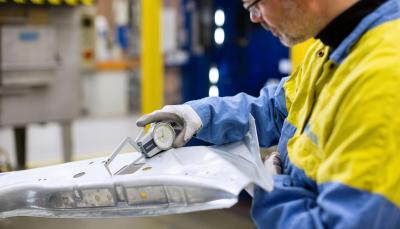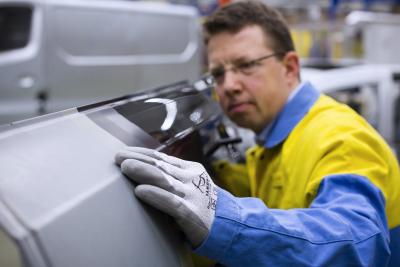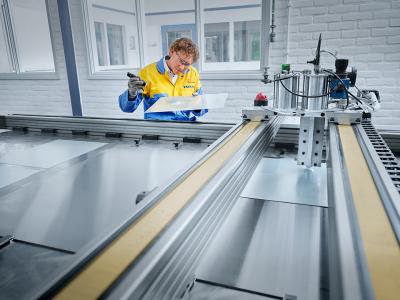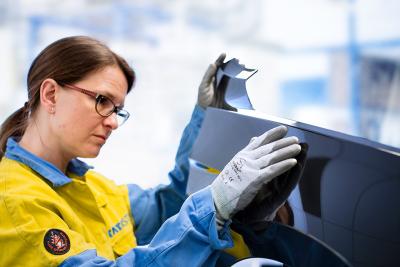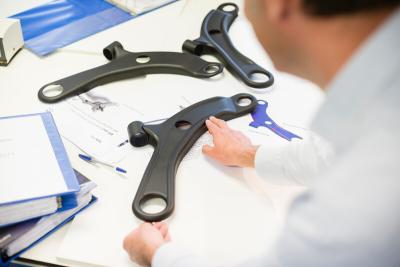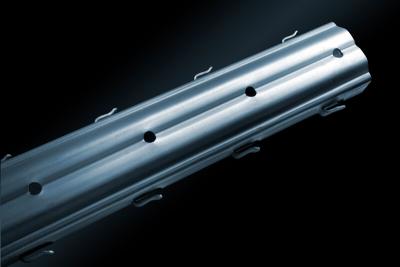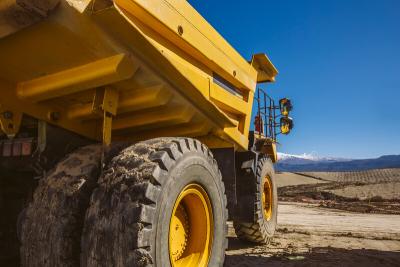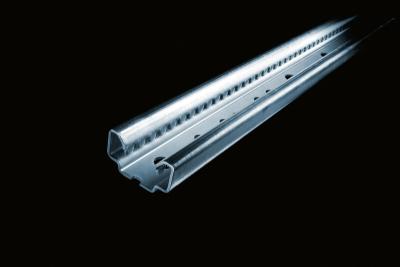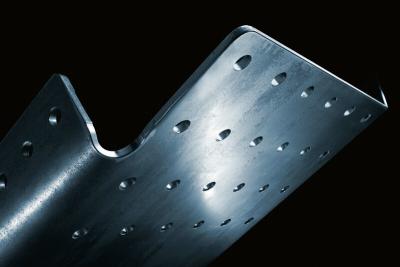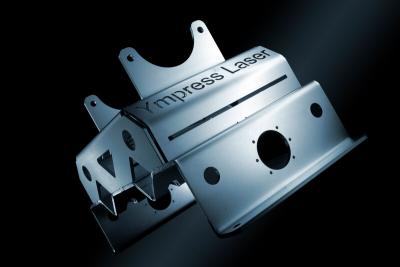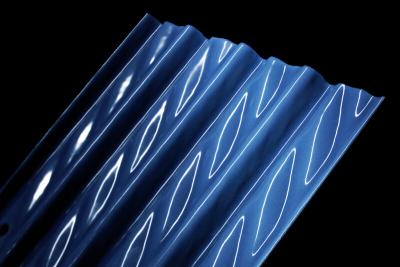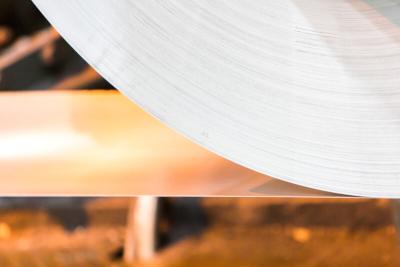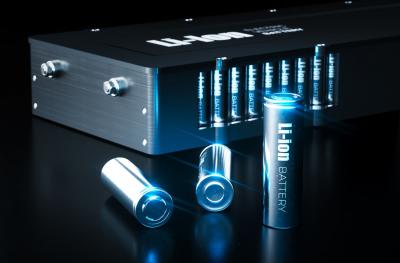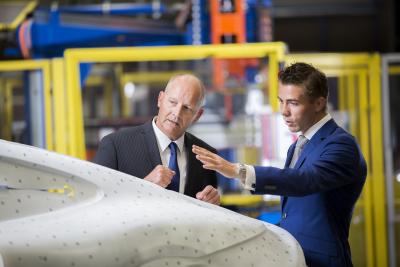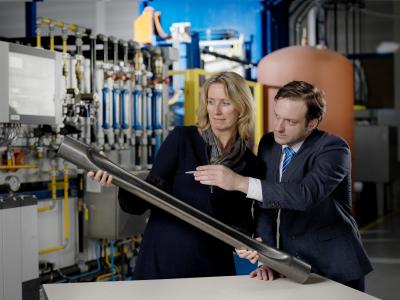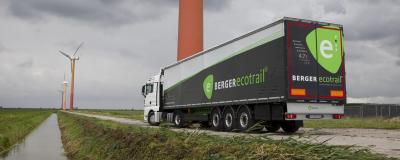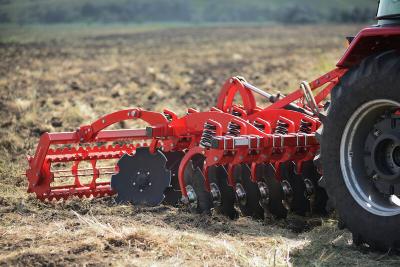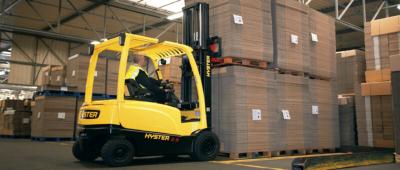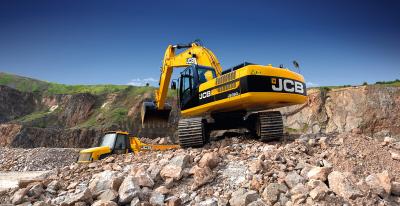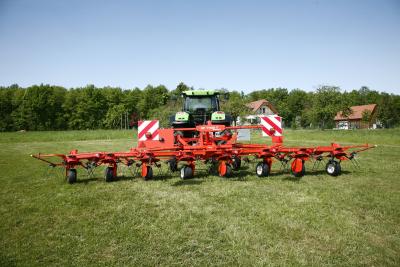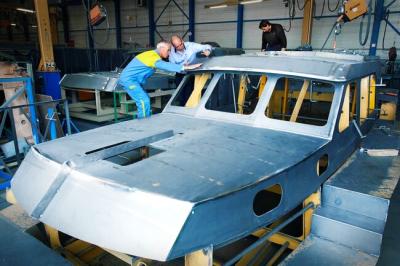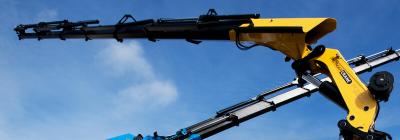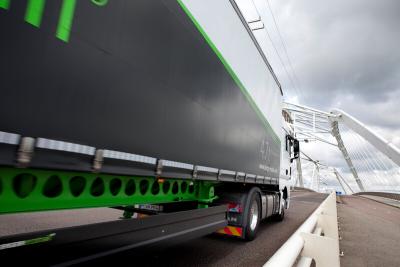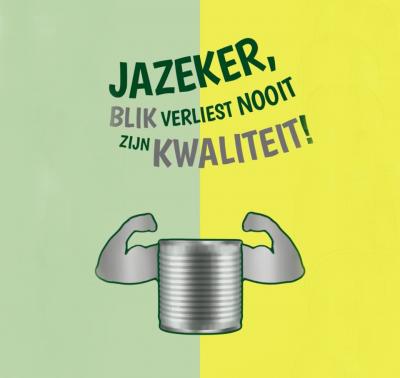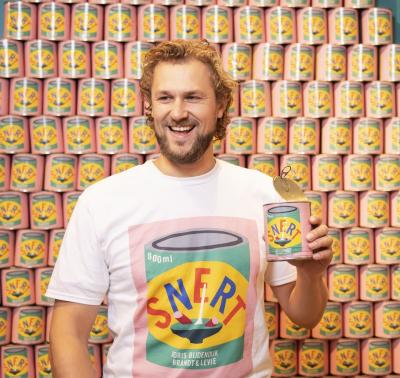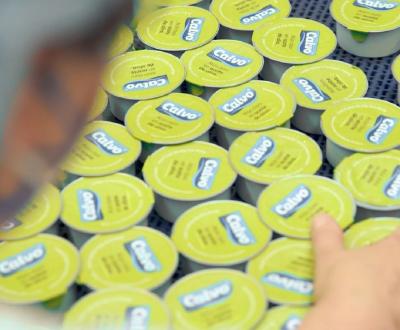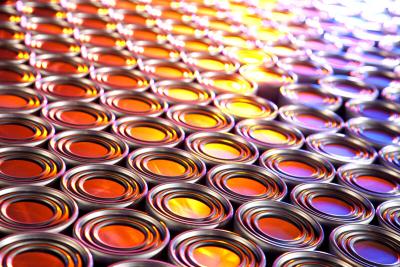Ground-breaking technology could save half the amount of CO2 released during steelmaking, Tata Steel announced today.
The company has been carrying out long-term testing of its HIsarna plant at the Tata Steel site in IJmuiden, the Netherlands. HIsarna is a completely new technology for producing iron which consists of a reactor in which iron ore is injected at the top. The ore is liquefied in a high-temperature cyclone and drips to the bottom of the reactor where powder coal is injected.
This significantly reduces the number of energy-intensive steps required for the traditional steelmaking process.
Testing has already shown this technology can lead to a significant reduction in CO2 emissions from the steel production process. During the final test campaign, experiments were done with the use of steel scrap and biomass. This revealed it was possible to achieve a CO2 reduction of more than 50%*.
Hans Fischer, Chief Executive Officer and Chief Technical Officer of Tata Steel’s European operations, said: “HIsarna’s results show we can make a significant contribution to improving the sustainability of steel production with this Tata Steel technology.
“The development of this technology forges our ambition to become a steel company which is sustainable in all respects.”
The HIsarna plant has now become a permanent part of the production chain at the IJmuiden site with molten iron joining that from the blast furnaces in the steelmaking process.
Meanwhile, the design of an industrial scale HIsarna plant capable of making up to 20 times more liquid iron has started. It could be put into operation in seven years.
-ends-
For further information: Damien Brook on T. +44 (0)207 7174532 or damien.brook@tatasteeleurope.com
About Tata Steel’s European operations
Tata Steel is one of Europe's leading steel producers, with steelmaking in the Netherlands and the UK, and manufacturing plants across Europe. The company supplies high-quality steel products to the most demanding markets, including construction and infrastructure, automotive, packaging and engineering. Tata Steel works with customers to develop new steel products which give them a competitive edge. The combined Tata Steel group is one of the top global steel companies, with an annual crude steel capacity of 27.5 million tonnes and more than 65,000 employees across five continents. The group’s turnover in the year ending March 2018 was US $20.4 billion.
*Notes:
The HIsarna technology reduces CO2 emissions and energy consumption through a number of ways, including by using iron ore and pulverized coal without having to pre-process the raw materials in separate coke, sinter or pellet factories.
In the past six months, tests have been done with the use of steel scrap in the HIsarna reactor. This showed that up to 53% of material added to the process could be made of scrap steel, reducing the requirement for raw materials compared to the blast furnace process.
The next steps in testing the HIsarna installation include identifying the ideal raw material mix, investigating the options to recycle steel slag, testing the use of CO2 to inject raw materials, investigating the recovery of zinc and studying the possibilities for capturing and storing CO2 – expected to have the potential of reducing traditional steelmaking CO2 emissions by around 80%.
